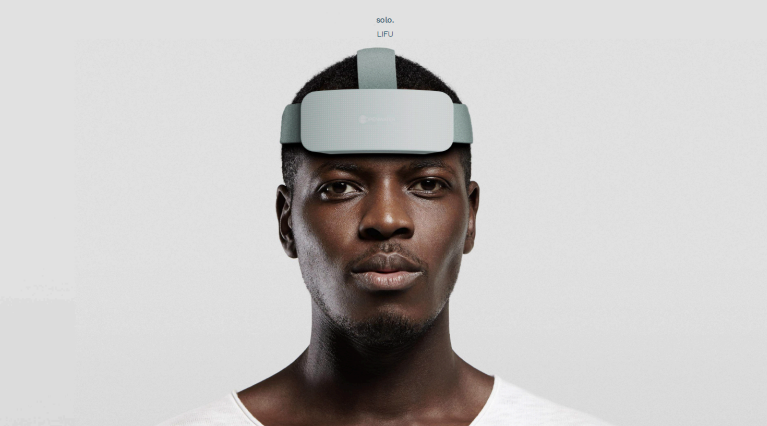
What You Should Know:
– Openwater, an open-source medical technology company delivering portable, hospital-grade diagnostic and therapeutic devices, today announced that the Massachusetts Institute of Technology’s (MIT) Lincoln Laboratory is the first to receive the latest version of the company’s Open-LIFU device.
– The deployment marks a major milestone for Openwater and significantly expands access to low-intensity focused ultrasound (LIFU) for clinical and academic research.
Open-LIFU: Enabling Precise, Non-Invasive Brain Modulation
Open-LIFU is a portable, non-invasive ultrasound device capable of delivering millimeter-level precision in targeting specific brain regions without affecting surrounding tissue. Earlier research, including studies from the University of Arizona using a prior version of Open-LIFU, has demonstrated its potential to treat neurological diseases, cancer, and mental health disorders. Its open-source design allows researchers to customize and adapt the device for a wide range of clinical applications.
The newest version of Open-LIFU features a dramatically smaller form factor and an open-source, modular design, enabling configuration for a wide range of targets and empowering rapid innovation in neuromodulation research and other applications of low-intensity focused ultrasound.
“Partnering with MIT on this pioneering research exemplifies Openwater’s mission to empower scientists with neuromodulation tools and accelerate breakthroughs in brain science,” said Aaron Timm, CEO of Openwater.
Uncovering the Mysteries of Consciousness at MIT
Led by Dr. Daniel Freeman, the MIT research team is embarking on a groundbreaking effort to uncover how the brain produces conscious experience, such as the perception of pain, colors, or thoughts. Using the Open-LIFU system, the team can non-invasively modulate brain activity through the skull, providing an unprecedented new way to study how specific brain regions contribute to perception and awareness. What makes this technology especially powerful is its ability to reach deep brain structures with a level of precision not previously possible outside the operating room.
“Consciousness remains one of the great mysteries of science. We still don’t understand how brain activity gives rise to subjective experience,” said Dr. Freeman. “With Open-LIFU, researchers now have a tool that could finally open the door to real breakthroughs in the field, it’s very exciting.”
Advancing Accessible Neuromodulation
While most LIFU devices can cost hundreds of thousands of dollars, Openwater aims to make advanced neuromodulation more accessible. The company’s goal is to reduce the cost of the device to $500 in just a few years. By developing a portable, modular device and leveraging AI-driven technology, Openwater aims to simplify use for researchers and clinicians, improving precision, usability, and outcomes across specialties.
